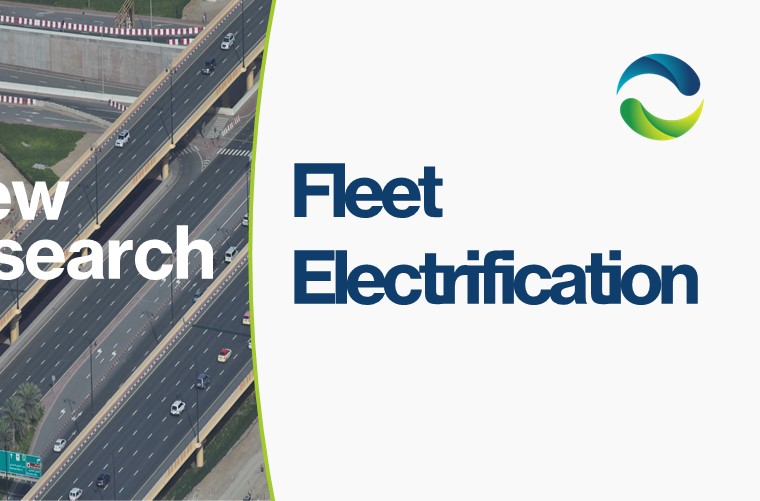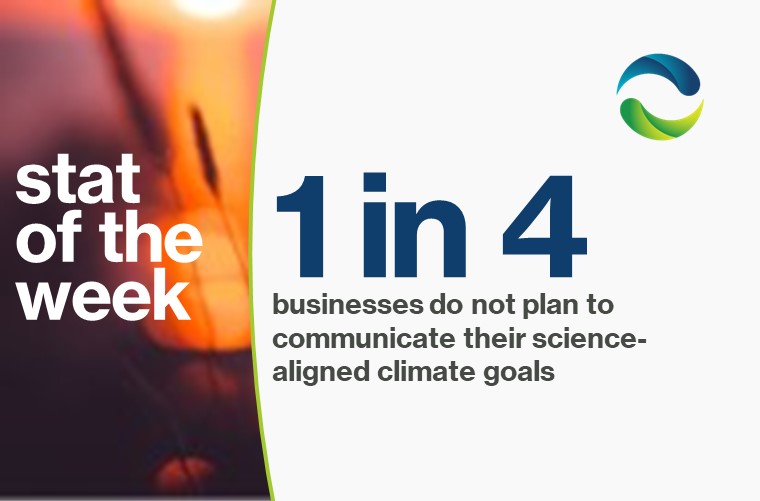Looming shortages of forest carbon offsets in the voluntary market will present a challenge to companies aiming to use offsets to handle their unavoidable carbon emissions. As a result, other carbon removal strategies will have to come into play within more diversified carbon removal portfolios. Nature-based carbon offsets are already priced at a premium compared to the average across all offset categories, at around $14.40/ton and $2.50/ton respectively. This shortage is expected to escalate in the coming decades; Trove Research’s newly published report projects that demand for forest offsets will exceed supply by 400% by 2050, and Bloomberg NEF estimates that total supply will meet just 90% of the entire offset market demand by then. Even Gabon’s recent announcement of 187 million forest offsets through one of the world’s largest offset projects to date won’t be enough to allay these long-term shortfalls.
In purchasing a forest offset, buyers are paying for the forest area needed to sequester one ton of carbon emissions. Payment then incentivizes landowners to change their behavior and protect or generate forest that wouldn’t otherwise exist to capture carbon. Forest carbon offsets are an excellent climate tool beyond their carbon-sequestering power: they’re immediately actionable in a way many technologies aren’t yet, they provide ancillary benefits to biodiversity and the economies of heavily forested nations, and quickly maturing verification and monitoring frameworks— Pachama and the TVCM, for example— are helping to ensure they store carbon as advertised. From a business perspective, forest offsets are easy for both customers and employees to understand, and more simply, protecting natural resources carries warm, fuzzy connotations that sucking carbon out of the air through a tube can’t replicate.
Because reaching true carbon neutrality without some form of carbon removal is nearly impossible, companies may expect to cover the last 5-10% of their emissions— those deemed “unavoidable” under the Science Based Targets Initiative net-zero guidelines— by purchasing forest-based carbon offsets. A Bloomberg analysis of four potential price scenarios predicted offset prices across all categories are expected to reach somewhere between $47 and $215/ton in 2030 before settling in the range of $48 to $120/ton by 2050. These wide price ranges reflect the possibility that certain credits—including deforestation avoidance credits— could be excluded from markets as quality controls tighten, squeezing supply even further. Given the scarcity of forest offsets, it’s likely that they’ll continue to command higher prices than these market averages regardless of which scenario takes shape. For many, the price of offsetting even a small portion of emissions through forest offsets could become untenable relatively soon.
Why the shortage? Beyond surging demand, our supply of forest land is limited even today, and many industries are failing to meet their deforestation reduction goals (pushing even more carbon into the atmosphere and increasing the need for reforestation and other types of carbon offsets). Forest offsets will not be on the table for everyone who wants them.
Even as rising prices entice new offset projects onto the market, supply of forest offsets is influenced by factors beyond corporate control such as public policy and ecosystem shifts, so businesses should already be thinking about additional ways to address the last portion of their emissions. Beyond getting increasingly creative with operations to shrink those unavoidable emissions as much as possible, that could mean investing in scaling technology solutions like direct air capture or looking beyond forests to other nature-based offsets like marshlands, to name a few possibilities. Forest-based offsets must be accompanied by a diverse range of carbon removal solutions if global scale decarbonization is to succeed.
Stay tuned in the coming weeks as The Climate Board develops a full report on the role of carbon offsets in corporate decarbonization strategies. Be sure to contact us and find out how total access to our research helps member companies make their climate goals a reality.




